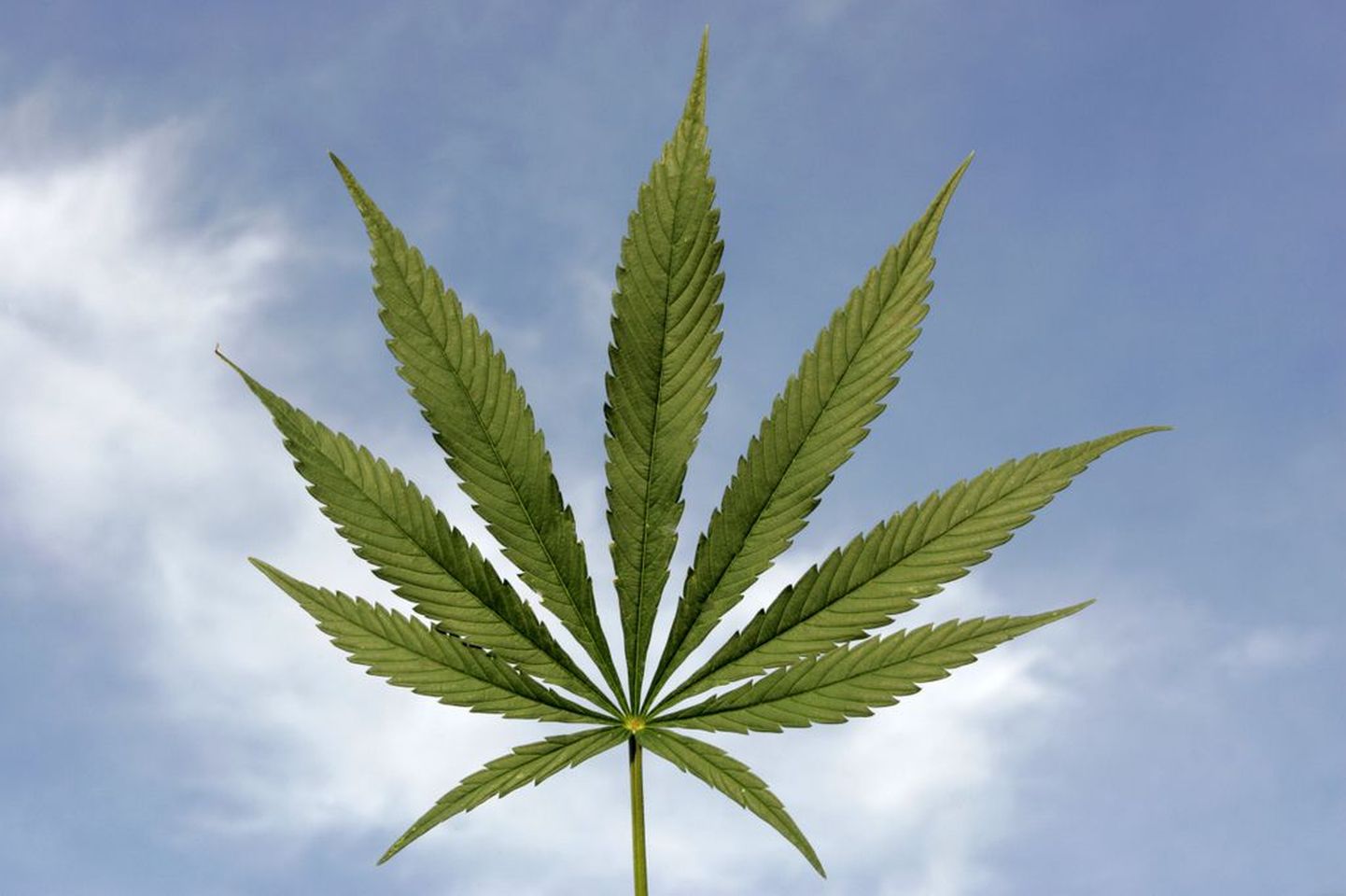
According to study ordered by Police and Border Guard Board (PBGB), every last-grader in Estonian gymnasiums has taken drugs – cannabis, mostly.

According to study ordered by Police and Border Guard Board (PBGB), every last-grader in Estonian gymnasiums has taken drugs – cannabis, mostly.
Of the drug-user students, every tenth has tried the so-called new stuff. These include spice, which constitutes a mix of herbs imitating effects of marijuana, PMMA or hallucinations-inducing pills resembling ecstasy, and the BZP party pills that lift spirits just like amphetamine. A little less than tenth of the drug-users have tried the so-called magic mushrooms.
But the study also shows it’s not just those in gymnasiums that try drugs. Every tenth 8th grade student has used drugs once or repeatedly, while the habit is worse (twice) among children whose Mother tongue is Estonian.
PBGB prevention coordinator Pille Luiga thinks it especially troublesome that teachers see themselves as of low competence to deal with drug use. At that, most have detected the problem.
«They say there’s nothing they can do when they see this in the school environment, as all they have is doubts,» said Ms Luiga. «But doubt is enough for the police to take a dog and come check the school. This is information that needs to spread faster.»
Ms Luiga thinks teachers should have no fear of reprimands by parents or school management, should calling the police prove a false alarm – all told, they meant well.
Also, the study showed that every tenth 4th grader (!) has tried tobacco products. Almost a quarter of them have tried out alcohol.
Ms Luiga says that’s where it all starts: «Kids don’t arrive at drugs so that I wake up in the morning and here we go. Mostly, it starts with alcohol, then tobacco is added and then it’s time for cannabis. To do cannabis, one needs to know how to smoke.»
According to students, they usually got their first drugs from a friend, for free. The next time, it was somebody selling it to them.
According to National Institute for Health Development (TAI) communicable disease and drug addiction prevention department head Aljona Kurbatova, there is a clear link between social skills and trying drugs among the youth. Social skills determine how well a young person is able to assess a situation, interpret facts, and establish himself, for drugs are often initially tried under pressure by peers. Also, the cause may be curiosity, or an attempt to cope with stress.
On the other hand, said Ms Kurbatova, there’s the impact of overall attitudes in society, and the availability of drugs. «Lately, there’s been talk in the public space as if cannabis isn’t dangerous at all. The youth are highly susceptible to signals like that,» she said.